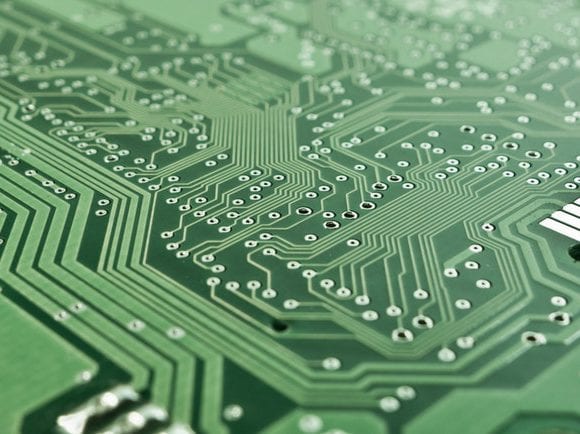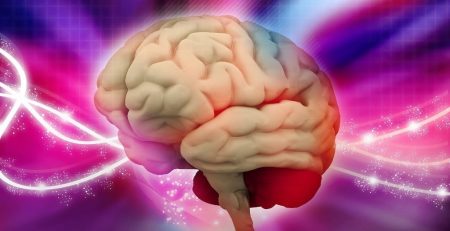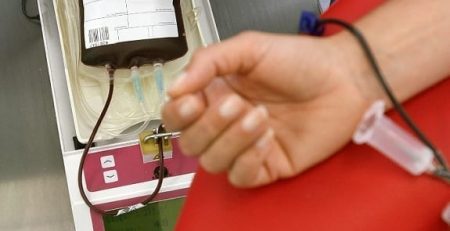Artificial Intelligence in the Doctor’s Office
According to a study in the British Medical Journal, at least one in 20 adult outpatients in the US are misdiagnosed every year. To help combat inherent physician bias, a group of researchers in the US and China are looking to another option: artificial intelligence.
According to a paper published in Nature Medicine, scientists have developed a system that is capable of diagnosing common childhood conditions aftering processing the patient’s symptoms, history, and lab results. Programming data was drawn from the records of almost 600,000 Chinese patients who had visited a single pediatric hospital over an 18-month period, The New York Times reports.
When tested, the system was able to correctly identify a variety of conditions, including asthma (90% accuracy, compared to 80-94% physician accuracy) and gastrointestinal disease (87% accuracy, compared to 82-90% physician accuracy). The system’s neural network allows it to “learn tasks largely on its own by analyzing vast amounts of data.” However, scientists still aren’t completely sure why these systems make particular decisions, or even how they teach themselves, meaning additional testing will be required to ensure these systems are fully reliable.














